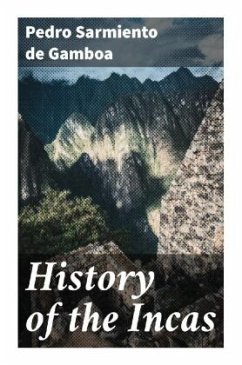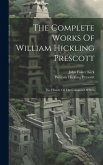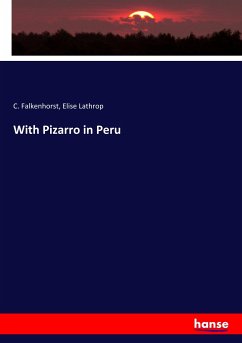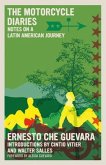In "History of the Incas," Pedro Sarmiento de Gamboa intricately weaves a narrative that transcends mere historical documentation, offering a profound exploration of the Inca civilization. Written in the 16th century, during a tumultuous period marked by European colonization, Sarmiento's work employs a meticulous, chronological style enriched with vivid descriptions and observations. The text serves as both a chronicle of the Inca Empire's rise and fall and a reflection on the impact of Spanish conquest, underscoring the cultural and political intricacies of a civilization that once thrived in the Andes. Through a detailed recounting of events, societal structures, and significant figures, the author provides invaluable insights into the ethos of the Incas and their resilience in the face of drastic change. Sarmiento, a Spanish chronicler and soldier, had firsthand experience with the Andean culture and indigenous peoples, which profoundly informed his writing. His unique position as both an observer and participant in the colonial narrative allows for a nuanced perspective on the Inca world. Through his scholarly endeavors, Sarmiento sought to preserve the history of the Incas, reconstructing their cultural legacy against the backdrop of colonial erasure. This meticulously researched text is highly recommended for readers interested in the confluence of history, culture, and colonial dynamics. It not only enriches one's understanding of the Inca civilization but also paints a broader picture of the complexities faced by indigenous cultures during European expansion. Sarmiento's work is essential for scholars, history enthusiasts, and anyone seeking to grasp the intricate tapestry of pre-Columbian America.
Bitte wählen Sie Ihr Anliegen aus.
Rechnungen
Retourenschein anfordern
Bestellstatus
Storno







![British Guiana Boundary: Arbitration With the United States of Venezuela. the Case [And Appendix] On Behalf of the Government of Her Britannic British Guiana Boundary: Arbitration With the United States of Venezuela. the Case [And Appendix] On Behalf of the Government of Her Britannic](https://bilder.buecher.de/produkte/64/64977/64977750m.jpg)
